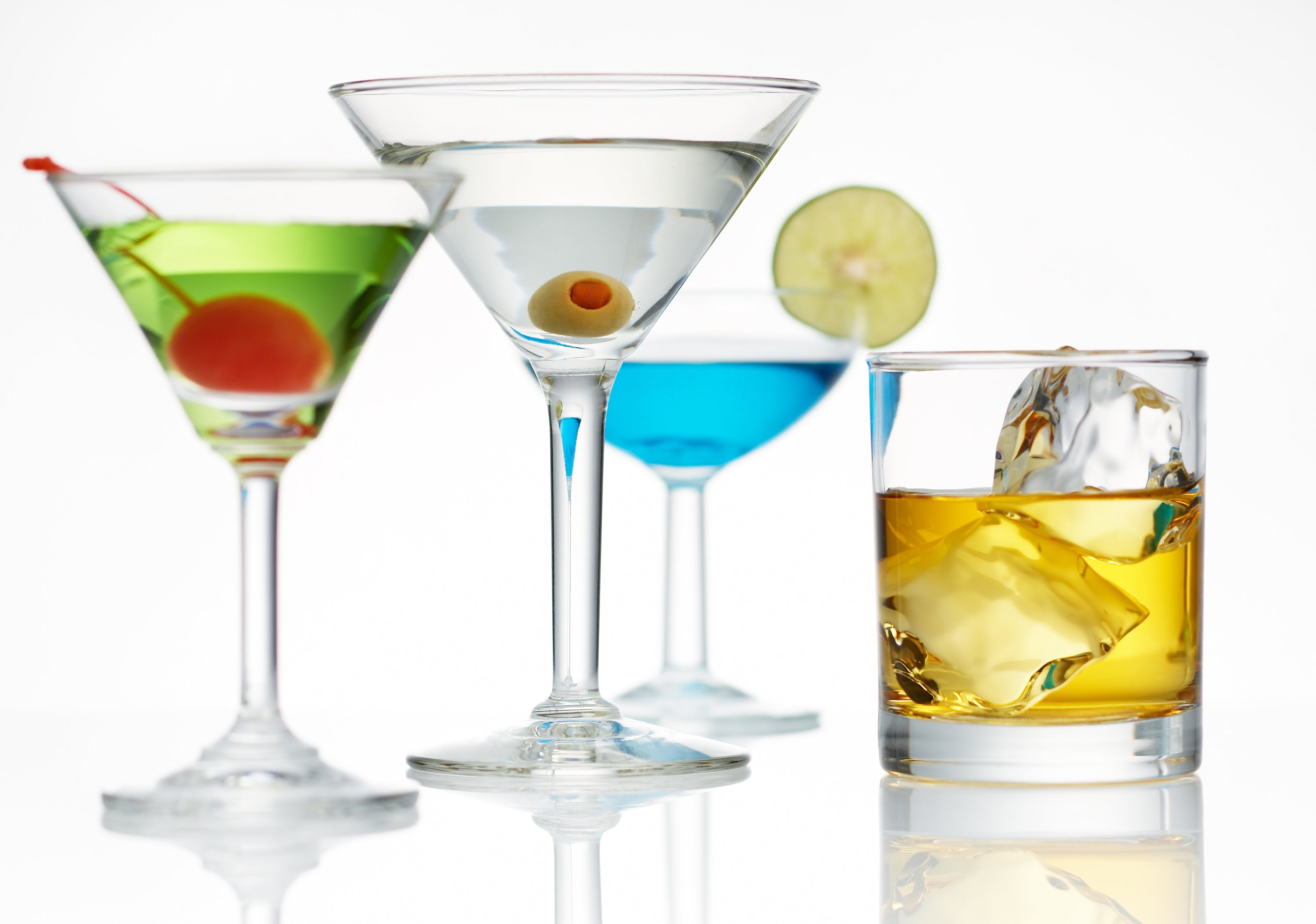The effects of alcohol on your dental health

When it comes to oral health, many people focus on brushing, flossing, and regular dental check-ups. However, one often overlooked factor that can significantly impact your dental health is alcohol consumption. Let's dive into the effects of alcohol on your teeth and gums.
How does alcohol affect your teeth?
Alcohol, especially when consumed in excess, can have detrimental effects on your teeth. The high sugar content in many alcoholic beverages can lead to tooth decay and cavities. Additionally, alcohol can cause dry mouth, which reduces saliva production and can increase the risk of gum disease.
What about the acidity of alcohol?
Many alcoholic drinks are acidic, which can erode tooth enamel over time. This erosion weakens the teeth and makes them more susceptible to decay and sensitivity. It's essential to be mindful of the acidity levels in the beverages you consume and their potential impact on your dental health.
Can alcohol consumption lead to oral cancer?
Research has shown a link between heavy alcohol consumption and an increased risk of oral cancer. Alcohol, especially when combined with tobacco use, can significantly raise the likelihood of developing oral cancer. It's crucial to be aware of this risk and take steps to reduce your alcohol intake for the sake of your oral health.
How can you protect your dental health while enjoying alcohol?
While it's essential to be mindful of the effects of alcohol on your dental health, there are steps you can take to mitigate the risks. Drinking plenty of water alongside alcoholic beverages can help wash away sugars and acids. Additionally, maintaining a consistent oral hygiene routine and visiting your dentist regularly can help keep your teeth and gums healthy.
Remember, moderation is key when it comes to alcohol consumption and your dental health. By being aware of the potential risks and taking proactive steps to protect your teeth and gums, you can enjoy your favorite drinks while maintaining a healthy smile.








